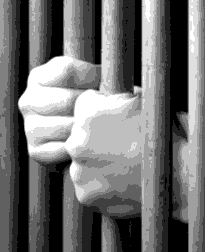UN eyes QLD centres
 A national First Nations organisation has lodged a formal complaint with the United Nations over the Queensland government's decision to bypass its own Human Rights Act.
A national First Nations organisation has lodged a formal complaint with the United Nations over the Queensland government's decision to bypass its own Human Rights Act.
The state’s recent move permits the use of adult watch houses as detention centres for youth.
Mali Hermans, a policy officer at the First Peoples Disability Network, has expressed deep concern over these changes.
The recent change marks the second instance in six months where Queensland's government has overridden its own Human Rights Act. The first was to criminalise breach of bail for children.
The First Peoples Disability Network Australia included these legal changes in a submission to the United Nations Committee Against Torture (CAT). Australia is currently undergoing a periodic review by this committee.
The organisation hopes that this submission will prompt international pressure on Australia to uphold the human rights of children and young people in Queensland.
An open letter signed by 180 organisations and individuals, representing Aboriginal, disability, and human rights groups, legal experts, and more, condemns Queensland's watch house law changes.
The letter argues that these changes undeniably violate children's rights and worsen the human rights crisis in Queensland's youth justice system, disproportionately affecting Indigenous children.
It points out that these amendments breach international agreements, including the UN Convention on the Rights of the Child and the CAT.
Former Victorian Labor attorney-general Rob Hulls, among the letter's signatories, stressed the importance of adhering to human rights charters.
The Queensland government has defended its actions, calling the override “time-limited” until new youth detention centres open in 2026.
Youth Justice Minister Di Farmer argued the urgency of these changes due to a recent Supreme Court case.
Youth Empowered Towards Independence (YETI) had indicated the possibility of further legal action, but expressed willingness to collaborate.







 Print
Print